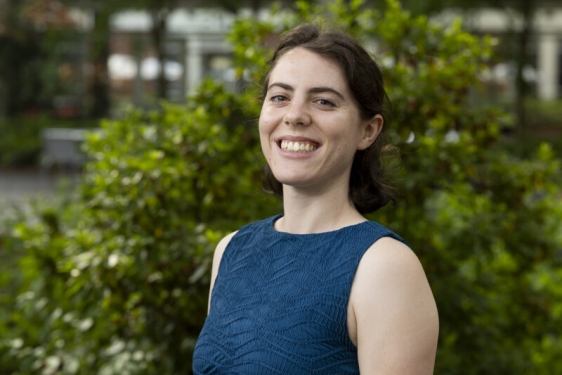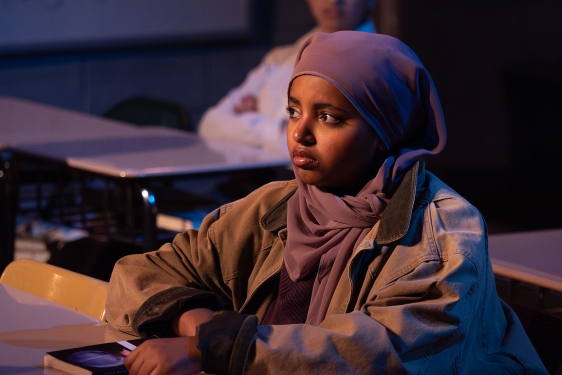
"Better Together: Third Party Helping is Enhanced When the Decision to Help is Made Jointly,” Dr. Ashley Harrell King, assistant professor of sociology at Duke University.
Abstract: Past work has typically conceptualized the decision to help a dependent other as an individual decision. But unilateral giving is often initiated at the group level. And there are compelling reasons to expect that the helping behavior initiated jointly by multiple people will differ from that initiated by individuals, even holding constant the costs and benefits of helping. Here I demonstrate that people are more generous toward dependent others when they must come to an agreement with a partner about a joint helping decision, compared to when they communicate about the decision, but then make decisions separately, or when they make helping decisions alone. This is because people engage in generous “talk” in communication with their partner, and joint decisions, but not individual decisions, bind them to the high levels of helping that they discussed. The results have important implications for understanding whether and when people and groups will behave generously.
Prior to joining Duke, Harrell King was assistant professor of organizational studies at the University of Michigan. She received her Ph.D. from the University of South Carolina. Her research is centered on structural and social-psychological solutions to problems of cooperation, collective action, and social order. Much of her work is motivated by her interest in understanding the roles of micro-level attitudes and behaviors in shaping macro-level outcomes. Her methodological approach is quantitative and relies largely on experimental data. One key area of her research examines how structured populations promote cooperation in networks. Another examines the dynamics of leadership, power, and influence in groups. And she has focused on understanding additional mechanisms that influence prosocial behavior including moral judgments, status, and religion.



